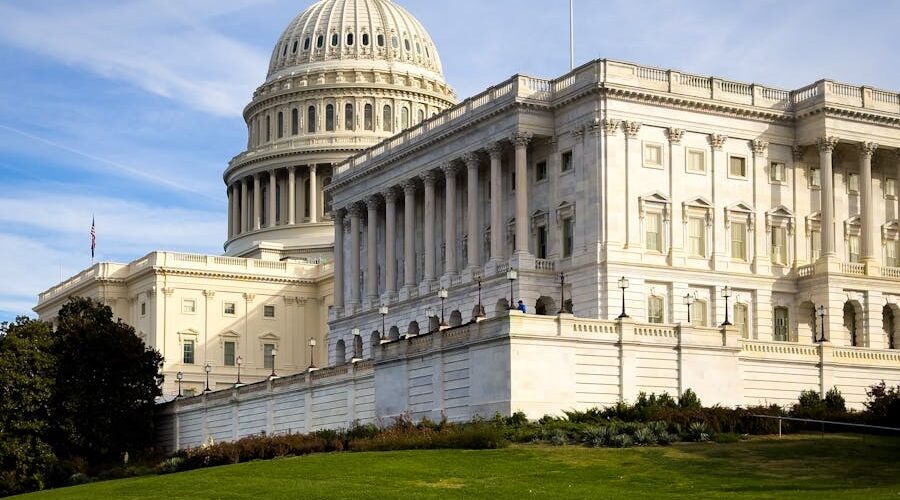The House on January 31 passed the Tax Relief For American Families And Workers Act, 357-70. Despite its broad, bipartisan support, the bill to extend and enhance several elements of the tax code, many of which are important to America’s businesses, is stalled in the Senate, prompting a call for action from national business groups like the National Association of Manufacturers.
The NAM released a new ad campaign last week urging the Senate to take action on the bill.
“Vital tax provisions are expiring, harming our ability to compete globally and invest in new factories and equipment,” the ad says. “The House has done its job and restored these provisions with overwhelming support. The Senate needs to act now.”
The U.S. Chamber of Commerce said it would include the bill on the group’s congressional scorecard, which helps determine campaign endorsements.
Tax reforms for families and business
- Modifies the calculation of the refundable portion of the child tax credit for 2023-2025.
- Increases the maximum refundable amount per child to $1,800 in 2023, $1,900 in 2024, and $2,000 in 2025.
- Allows taxpayers to elect to use prior year earned income for the earned income tax credit in 2024 and 2025.
- Allows taxpayers to delay deducting domestic research costs over a five-year period until 2026.
- Extends depreciation, amortization, or depletion allowances for determining the business interest deduction.
- Extends 100% bonus depreciation and increases limitations on expensing depreciable business assets.
Opposition from GOP
The enhanced child tax credit provisions have bogged down negotiations in the Senate, where Sen. Mike Crapo, R-Idaho, the ranking member on the Senate Finance Committee, says he wants significant amendments.
“While my concerns with the bill may be frustrating to some, they should not be surprising. I remain concerned the CTC provisions undermine the work requirement and represent a significant shift – described by some Democrats as a down payment – to transform the CTC from primarily working family tax relief into a government subsidy,” Crapo said.
Only nine Republican votes would be necessary to prevent a filibuster and bring the bill to a vote, but so far most GOP senators are aligned with Crapo. Only Sen. Todd Young, R-Ind., has encouraged his colleagues to move the bill forward.
Senate Majority Leader Chuck Schumer, D-N.Y., has already passed a procedural step to get the ball rolling, however without assurances he can secure the 60-vote threshold to overcome a filibuster, he’s unlikely to put the bill on the floor.
Maybe next year?
Part of Crapo and Republicans’ calculus includes their expectation that they’ll control the Senate next year and will be able to extract a better deal than what passed the House.
















Add comment